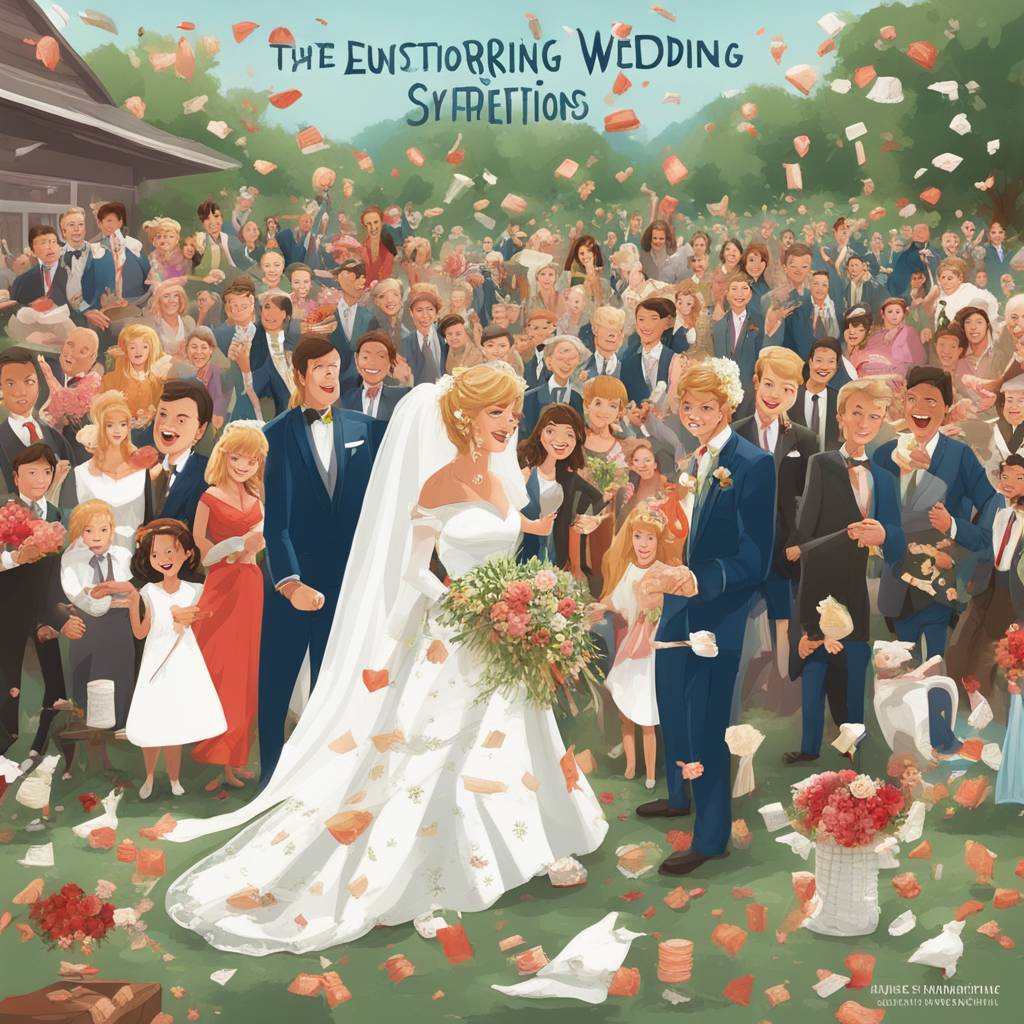A wedding day is a special occasion filled with love, traditions, and sometimes superstitions, unique to each couple. While some weddings lean towards traditional elements, others opt for a more modern approach. There are various superstitions believed to bring luck, both good and bad, to a couple. Some popular superstitions include rain on the wedding day, the history of the veil, the tradition of wearing “something old, something new, something borrowed, and something blue,” and the significance of the bouquet toss.
Rain on a wedding day is seen as a sign of good luck, creating a unique and memorable setting for the ceremony. The wearing of veils dates back to ancient Greek and Roman traditions, believed to protect brides from evil spirits. The practice of wearing something old, borrowed, blue, and new carries symbolic meaning for past, future, borrowed luck, and fidelity. The bouquet toss, where the catching of the bouquet predicts the next bride, is a fun and festive tradition at many weddings.
Despite the popularity of Saturday weddings due to convenience and scheduling ease, a Celtic superstition suggests that Saturdays are actually the worst day to get married. Spiders on wedding dresses are considered a sign of good luck according to English tradition. It is said to be bad luck for a groom to see his bride before the ceremony, though some couples opt for a modern first look. Giving knives as a wedding gift is said to symbolize a relationship breaking, while tears shed by the bride are thought to bring happiness to a marriage.
There is a superstition cautioning against dropping your maiden name too soon, as it may prevent the wedding from happening. Each of these superstitions adds an element of fun and mystery to wedding traditions, making the celebration even more special. The superstitions surrounding weddings provide couples with an opportunity to embrace old traditions and add unique elements to their special day. Despite the superstitions, weddings are ultimately celebrations of love and unity, regardless of the beliefs and traditions attached to them.













